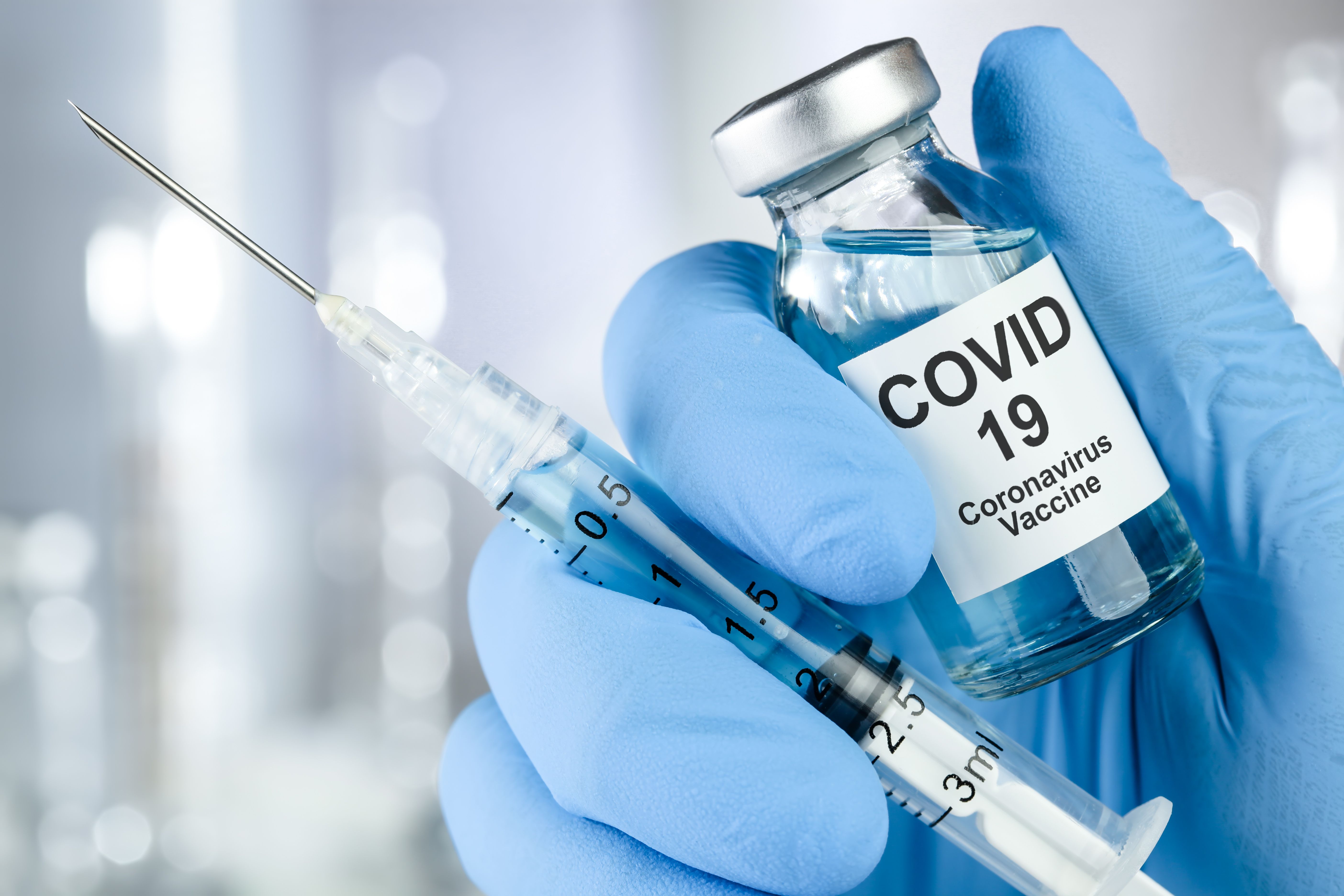- Center on Health Equity & Access
- Clinical
- Health Care Cost
- Health Care Delivery
- Insurance
- Policy
- Technology
- Value-Based Care
Pfizer COVID-19 Vaccine Effective in Children Aged 5 to 17 Years
New research showed that the BNT162b2 XBB vaccine was capable of reducing hospitalizations and emergency department and urgent care visits due to COVID-19 in children aged 5 to 17 years.
A new research letter published in JAMA Network Open1 highlighted the results of new research which found that the BNT162b2 XBB vaccine, produced by Pfizer Pharmaceuticals, was able to effectively protect children aged 5 to 17 years from severe COVID-19, reducing both associated hospitalizations and emergency department (ED) or urgent care visits.
Vaccines classified as XBB messenger RNA vaccines for COVID-19 have been found to be effective for preventing mild to severe outcomes in adults in the past, but the effectiveness of the vaccine in children, specifically the updated vaccines, has been less researched. Severe outcomes of COVID-19 could lead to hospitalization of a patient, which put a strain on health care resources during the height of the pandemic.2 Therefore, preventing mild and severe symptoms can help to prioritize those in greater need of immediate care. Testing the efficacy of the BNT162b2 XBB vaccine in children is a method of reducing hospital resource spending as well as helping to avoid long-term consequences of COVID-19 in this demographic.
The BNT162b2 XBB COVID-19 vaccine was found effective in children aged 5 to 17 years | Image credit: Leigh Prather - stock.adobe.com

This study was a test-negative case-control analysis. The analysis was evaluating the effectiveness of the vaccine against hospital admission and ED or urgent care visits related to acute respiratory infection (ARI) between October 10, 2023, and April 30, 2024. Children aged 5 to 11 years receiving the 10-μg vaccine and children aged 12 to 17 years receiving the 30-μg vaccine were included in the study from the Kaiser Permanente Southern California database. All of the patients included had a polymerase chain reaction or antigen test for detecting COVID-19 during a hospital admission or ED or urgent care visit.
There were 15,233 children included in the study, of which 9834 were children aged 5 to 11 years. Most of the participants were Hispanic (57.5%), followed by White (17.6%), Asian or Pacific Islander (9.5%), and Black (8.9%). A total of 48.2% of the participants were female.
There were 1125 children, 339 aged 5 to 11 years and 264 aged 12 to 17 years, who received the vaccine by April 2024, with a median (range) time since vaccination of 75 (15-199) days and 64.5 (16-197) days respectively. The estimated vaccine effectiveness was 68% (95% CI, 11%-88%) in children aged 5 to 11 years and 63% (95% CI, 20%-83%) in children aged 12 to 17 years. The efficacy was measured against hospital admissions or ED or urgent care visits related to COVID-19. The overall effectiveness for all children was approximately 65% (95% CI, 36%-81%), with no hospitalizations due to COVID-19 reported in any child who received the vaccine.
“Assuming 65% vaccine effectiveness, vaccinating the roughly 54.3 million 5-to-17-year olds in the US could have averted approximately 3700 hospitalizations and…roughly 111,000 ED or urgent care visits during the 2023-2024 respiratory virus season,” the authors wrote.
There were some limitations to this research, including the potentially unmeasured confounding factors, potential misclassification of prior infection or whether encounters with ARI were truly related to COVID-19, and a lack of generalizability. The results of this study suggest that improving COVID-19 vaccine uptake in the pediatric population should be top priority to avoid severe symptoms of COVID-19 in this population.
References
- Tartof SY, Frankland TB, Puzniak L, et al. BNT162b2 XBB vaccine for COVID-19 among children 5-17 years of age. JAMA Netw Open. 2024;7(12):e2449944. doi:10.1001/jamanetworkopen.2024.49944
- French G, Hulse M, Nguyen D, et al. Impact of hospital strain on excess deaths during the COVID-19 pandemic—United States, July 2020-July 2021. Am J Transplant. 2022;22(2):654-657. doi:10.1111/ajt.16645
Addressing the Demand for Mental Health Services During the COVID-19 Pandemic
May 25th 2021On this episode of Managed Care Cast, we speak with Gregory Harris, MD, MPH, DFAPA, senior medical director for behavioral health at Blue Cross Blue Shield of Massachusetts, about the challenges of meeting the demand for mental health service during the COVID-19 pandemic.
Listen
